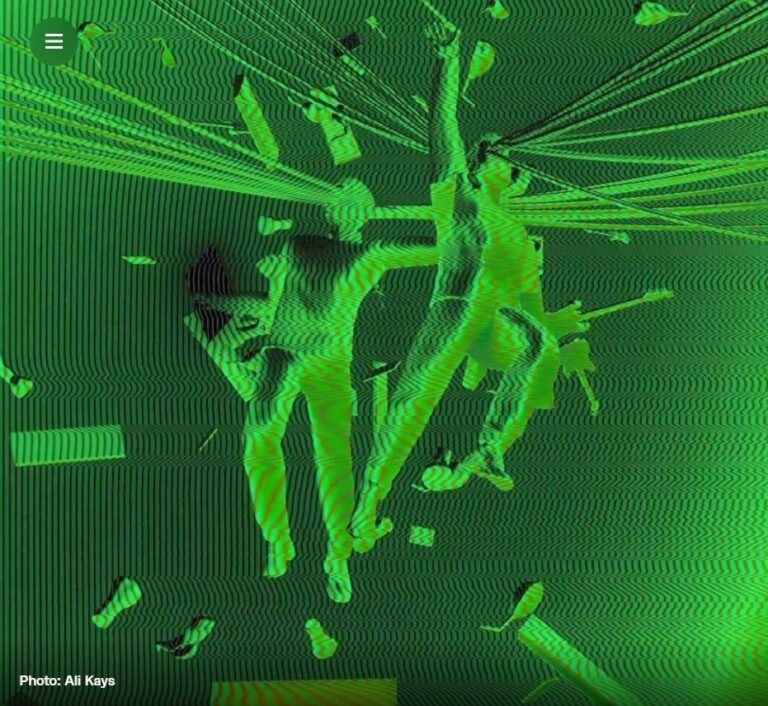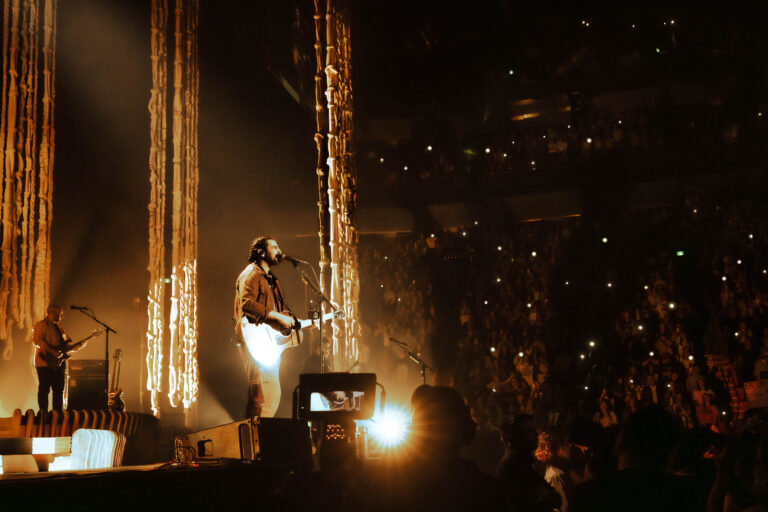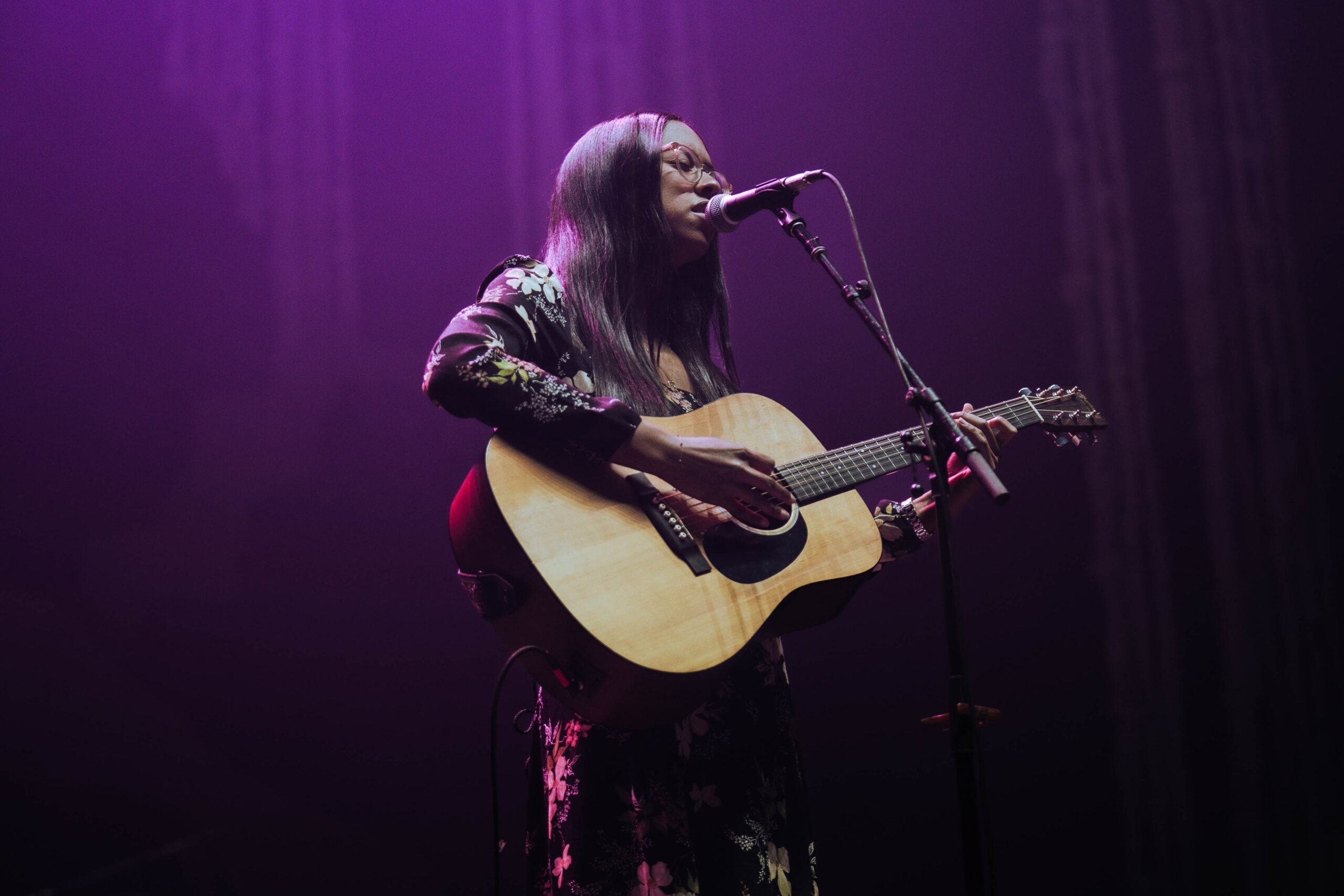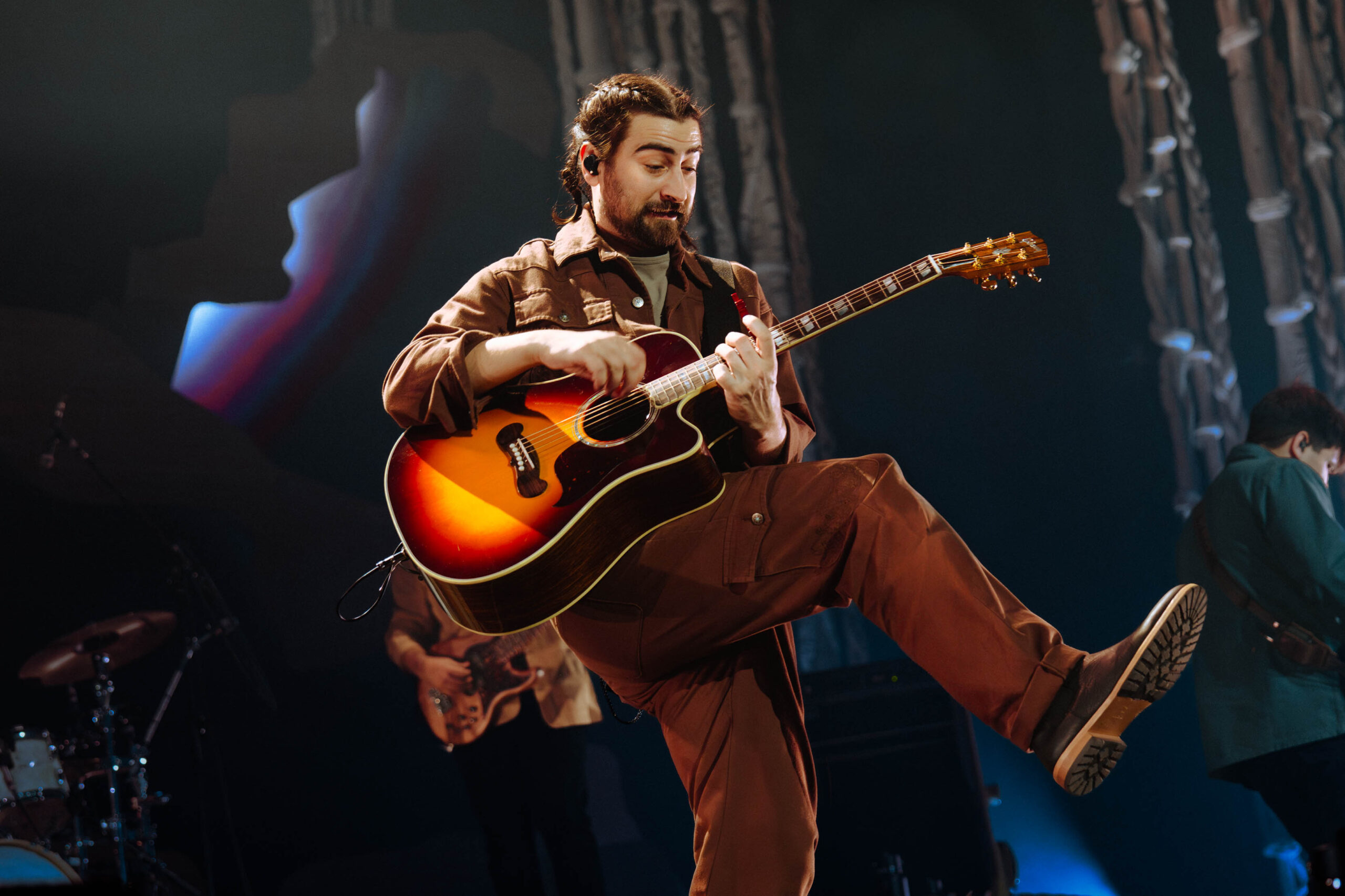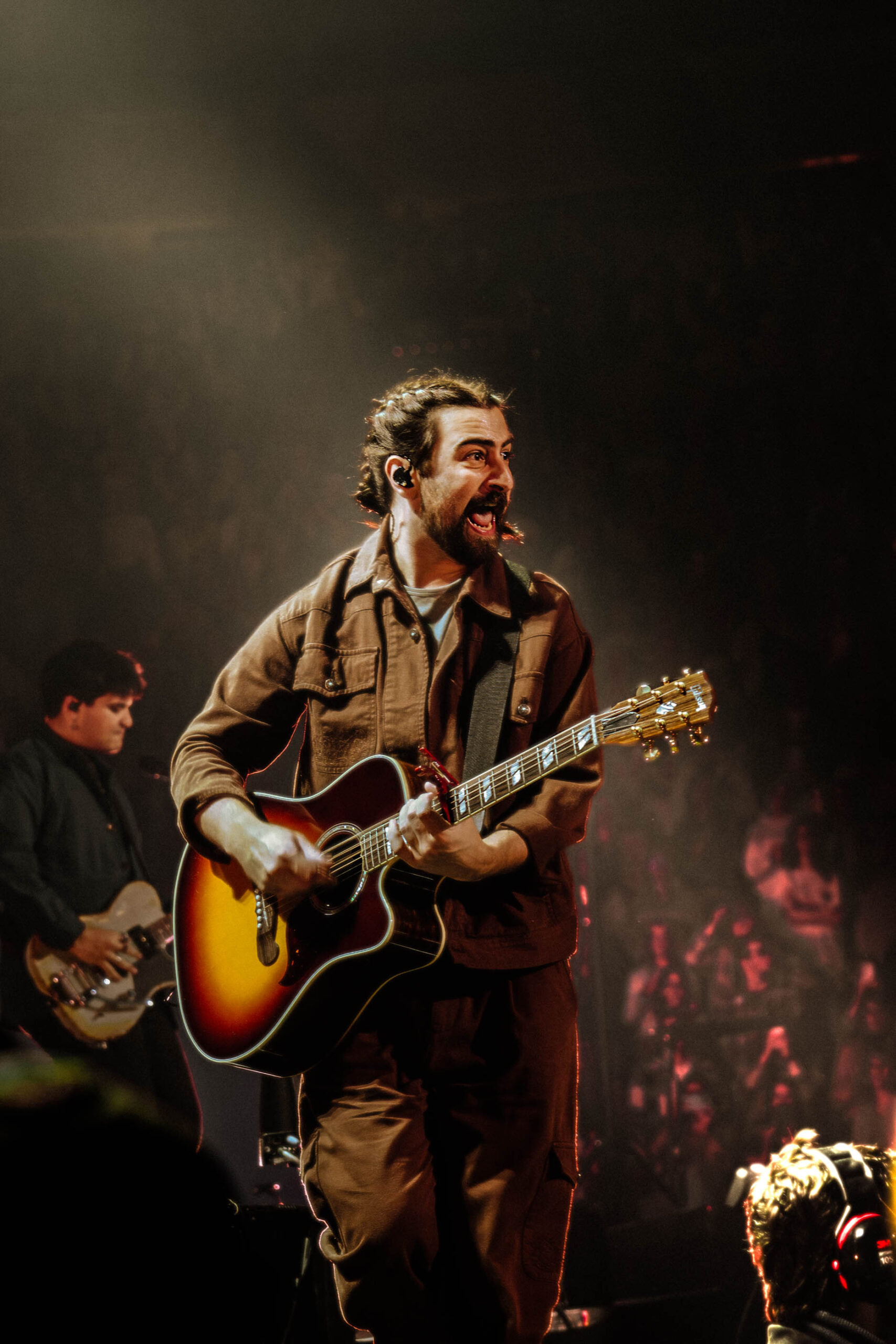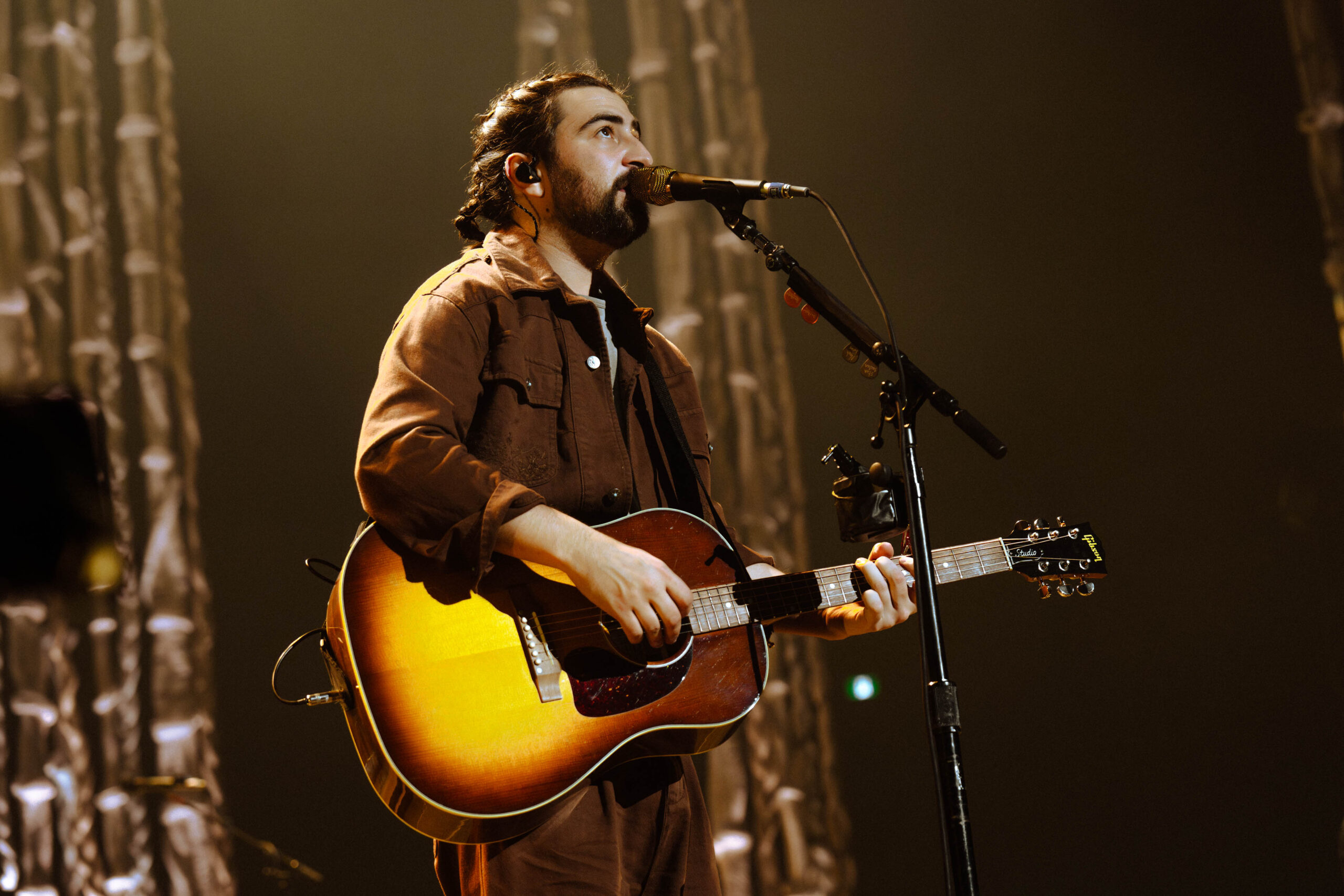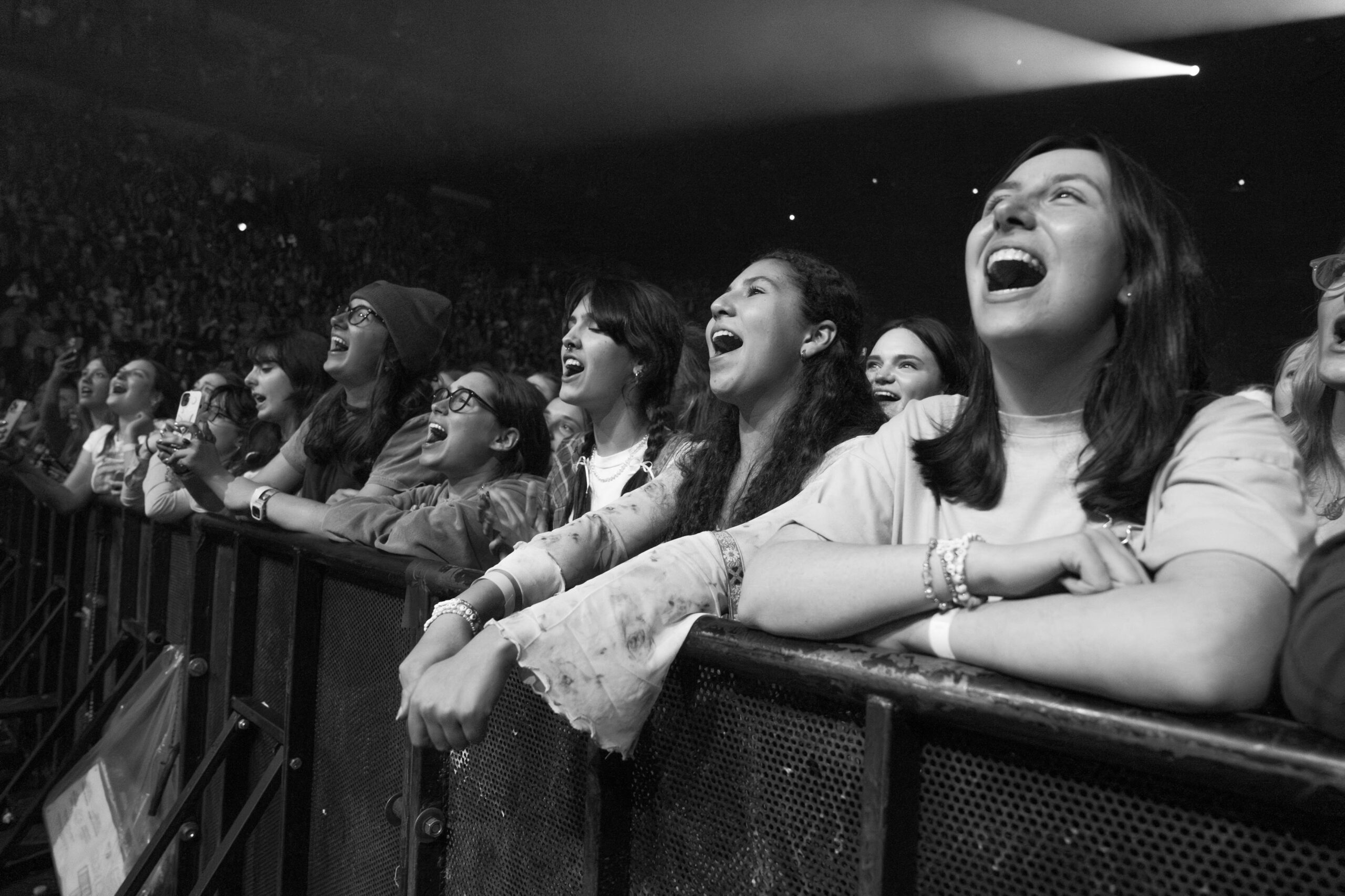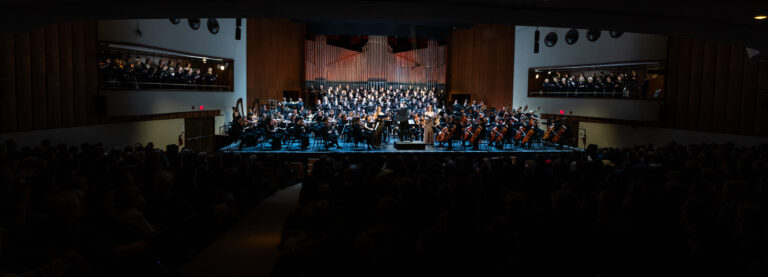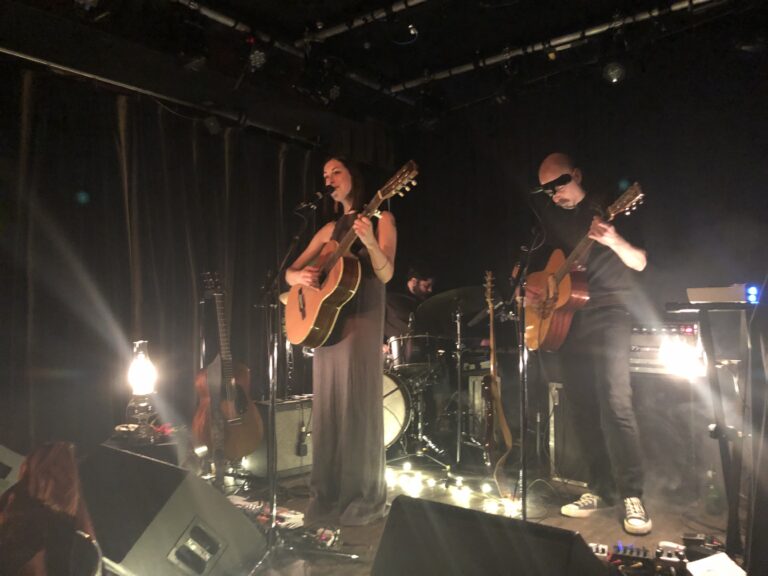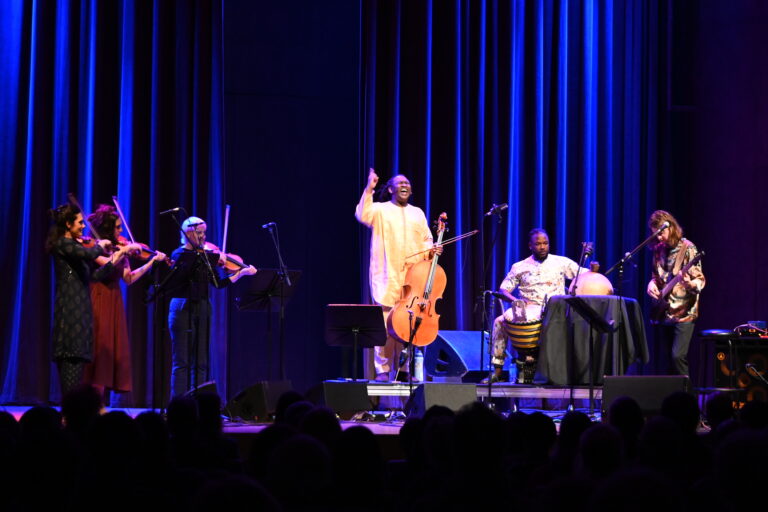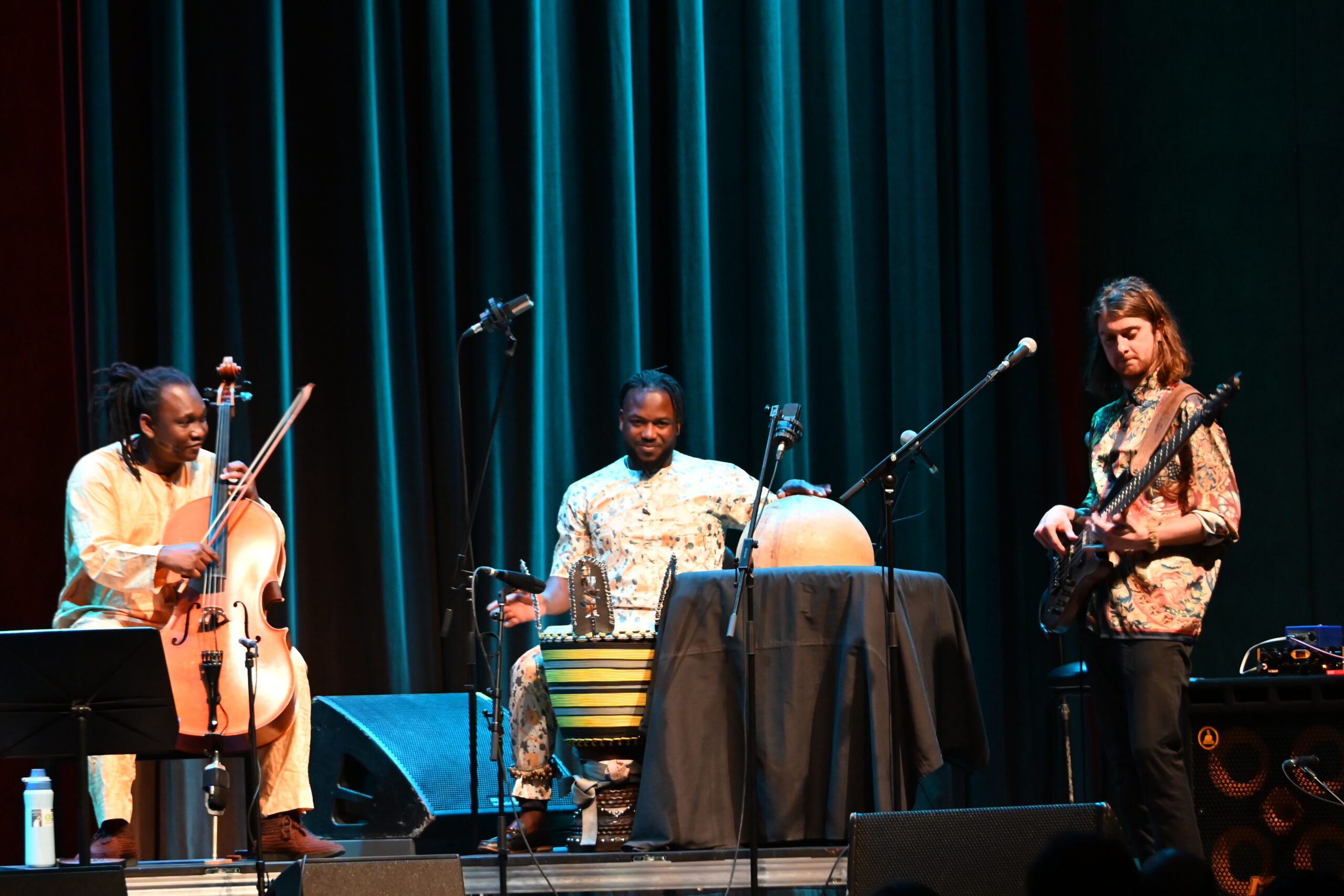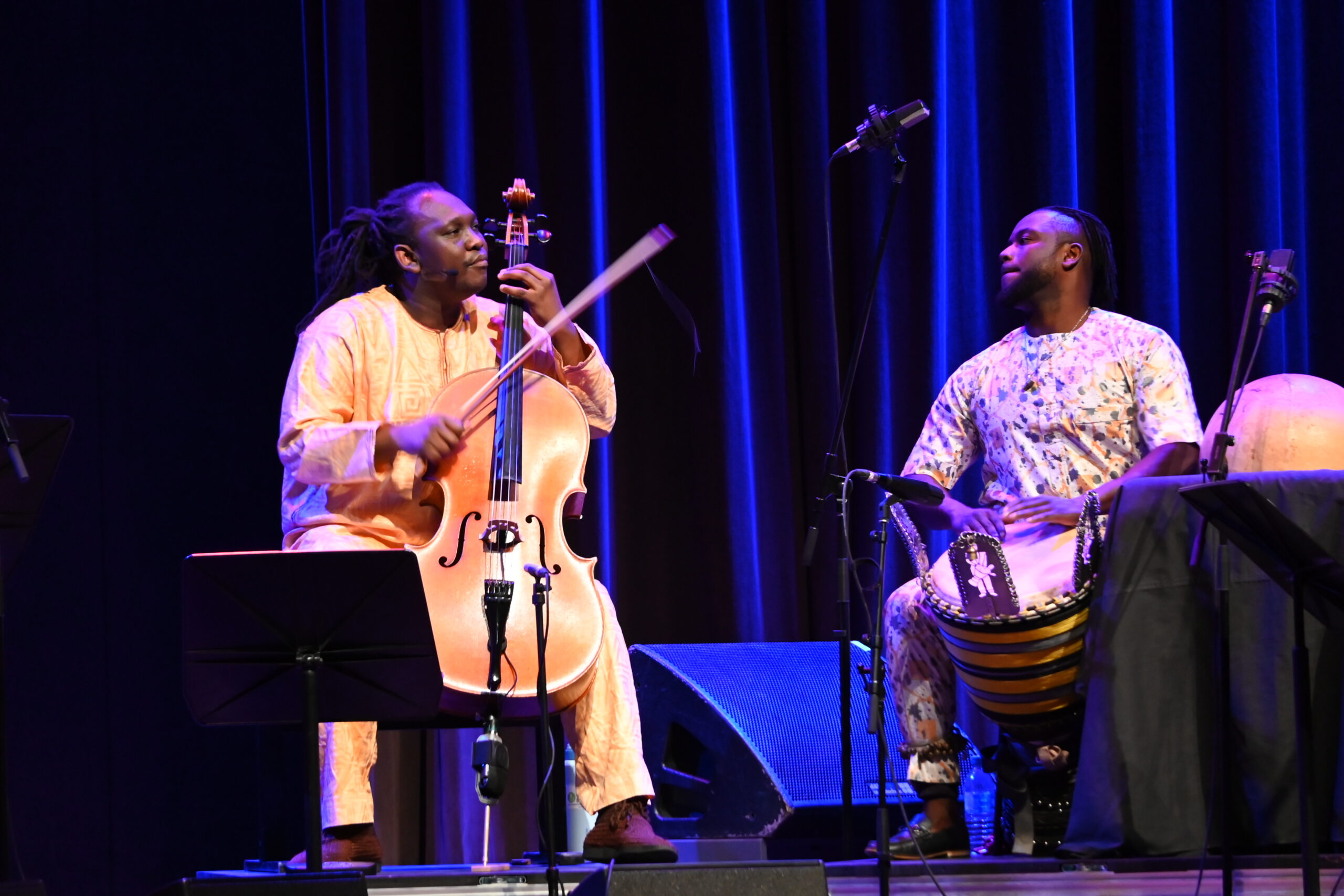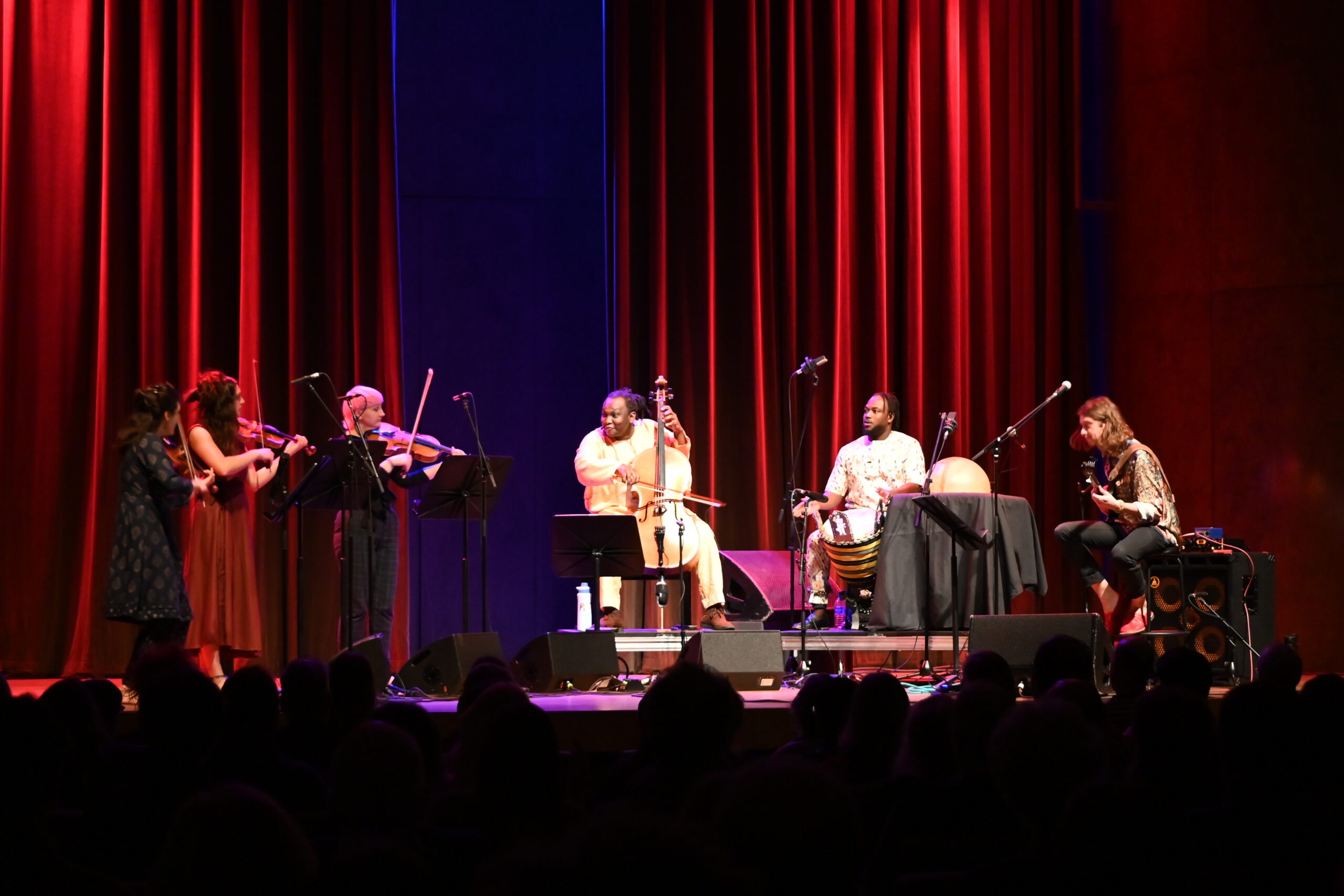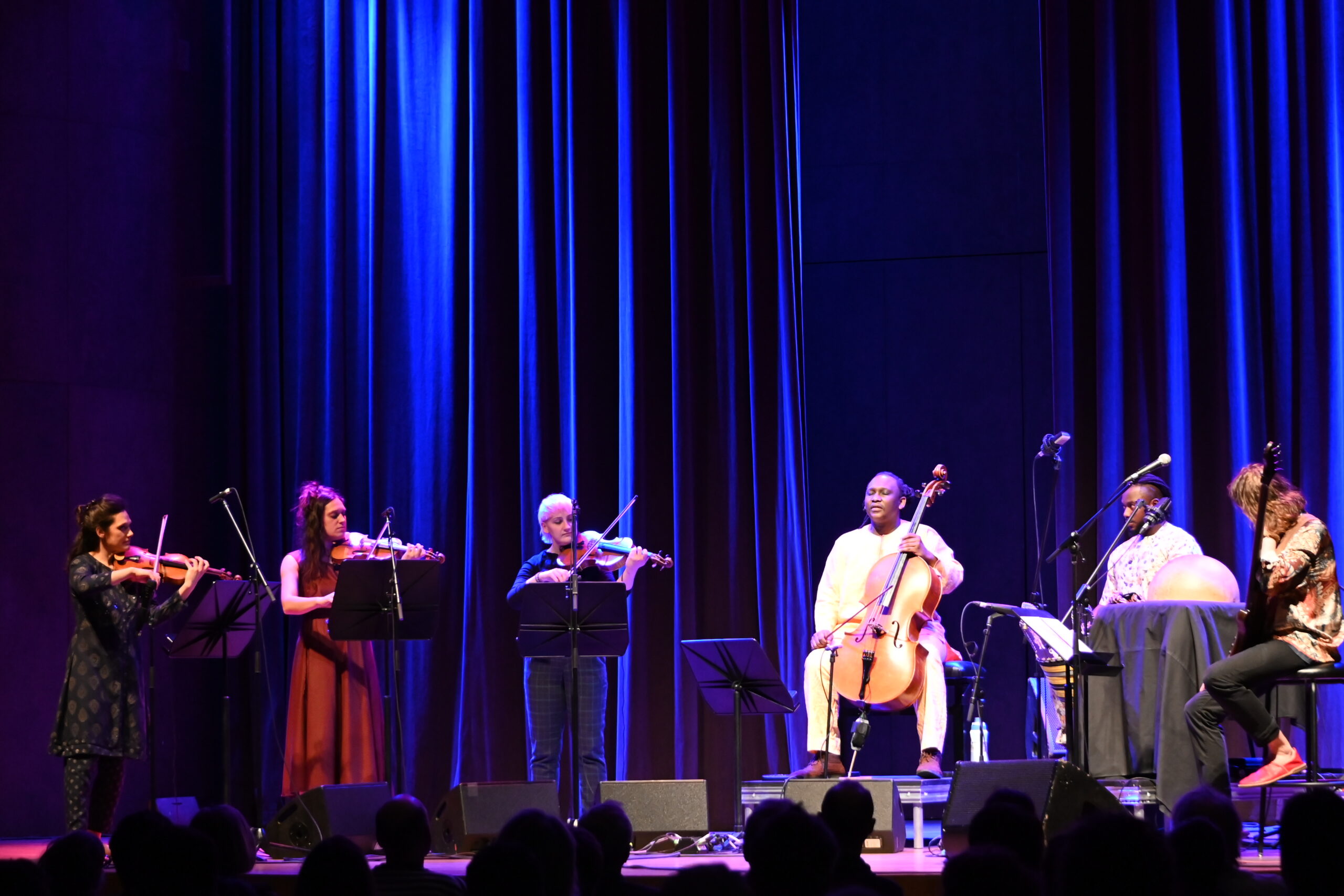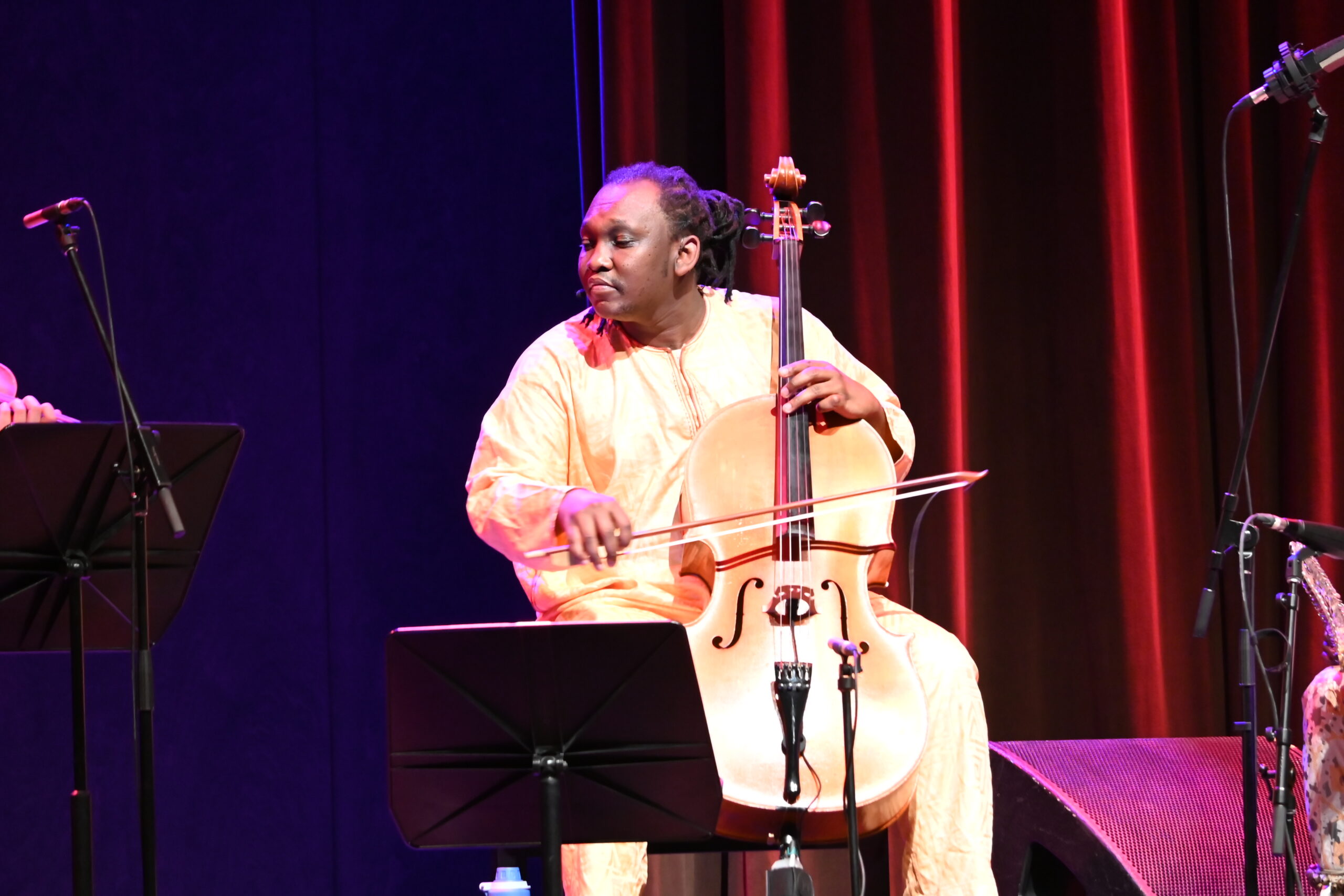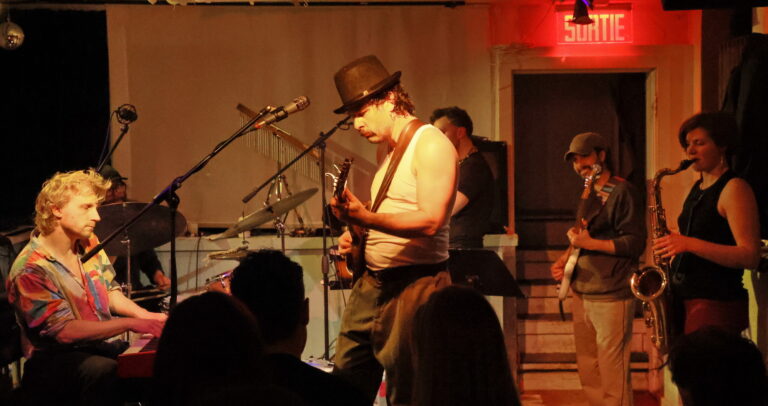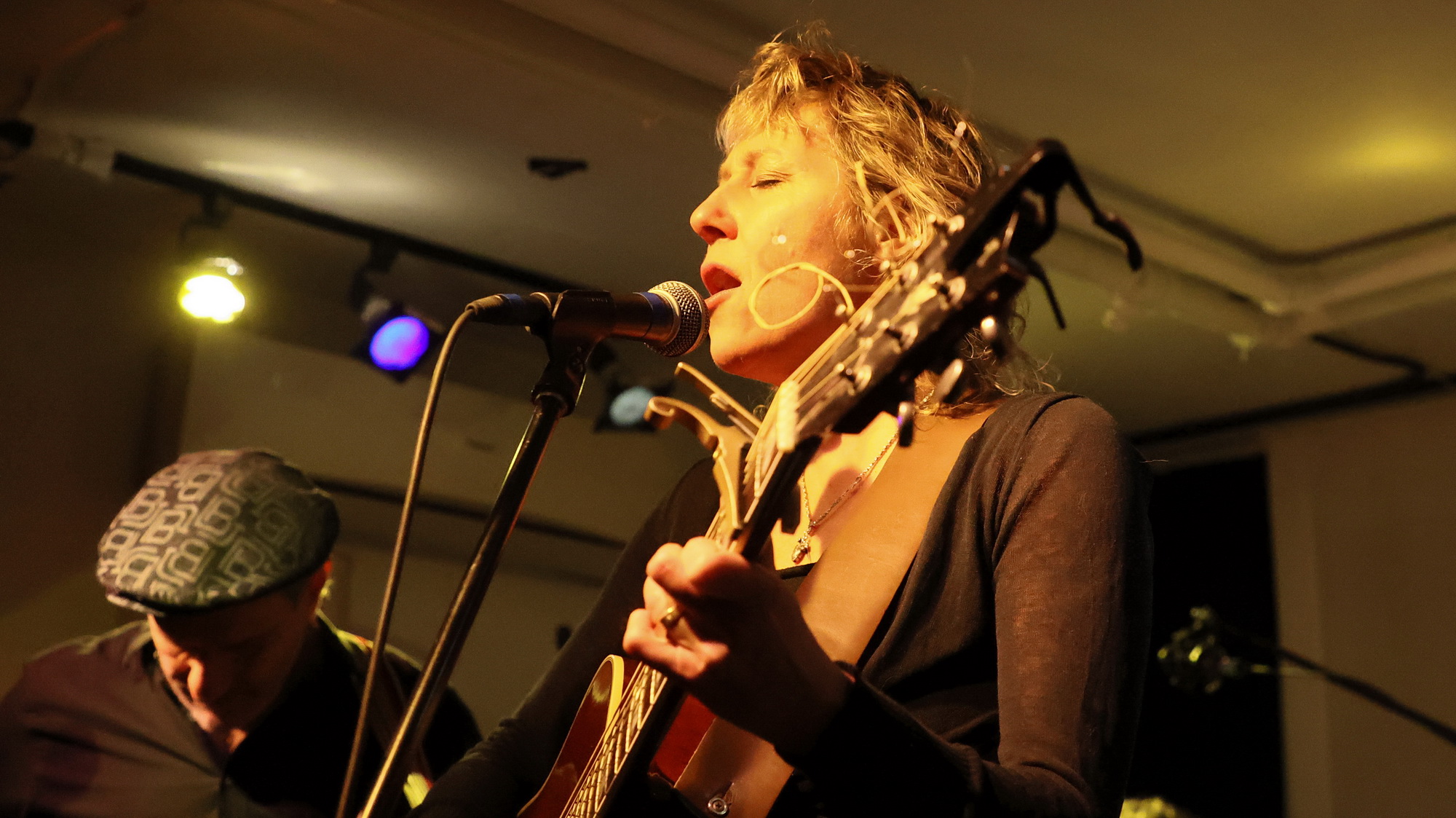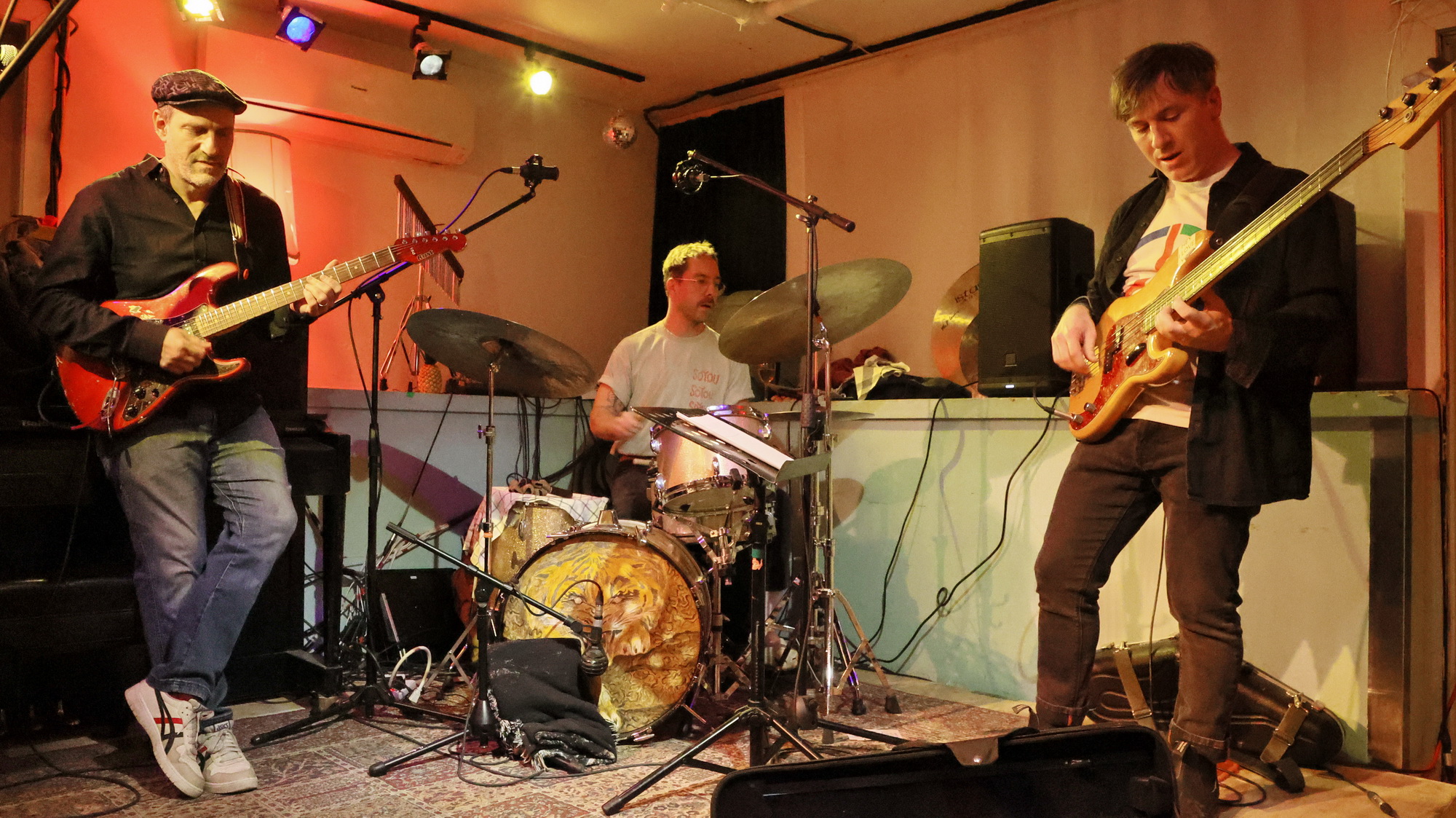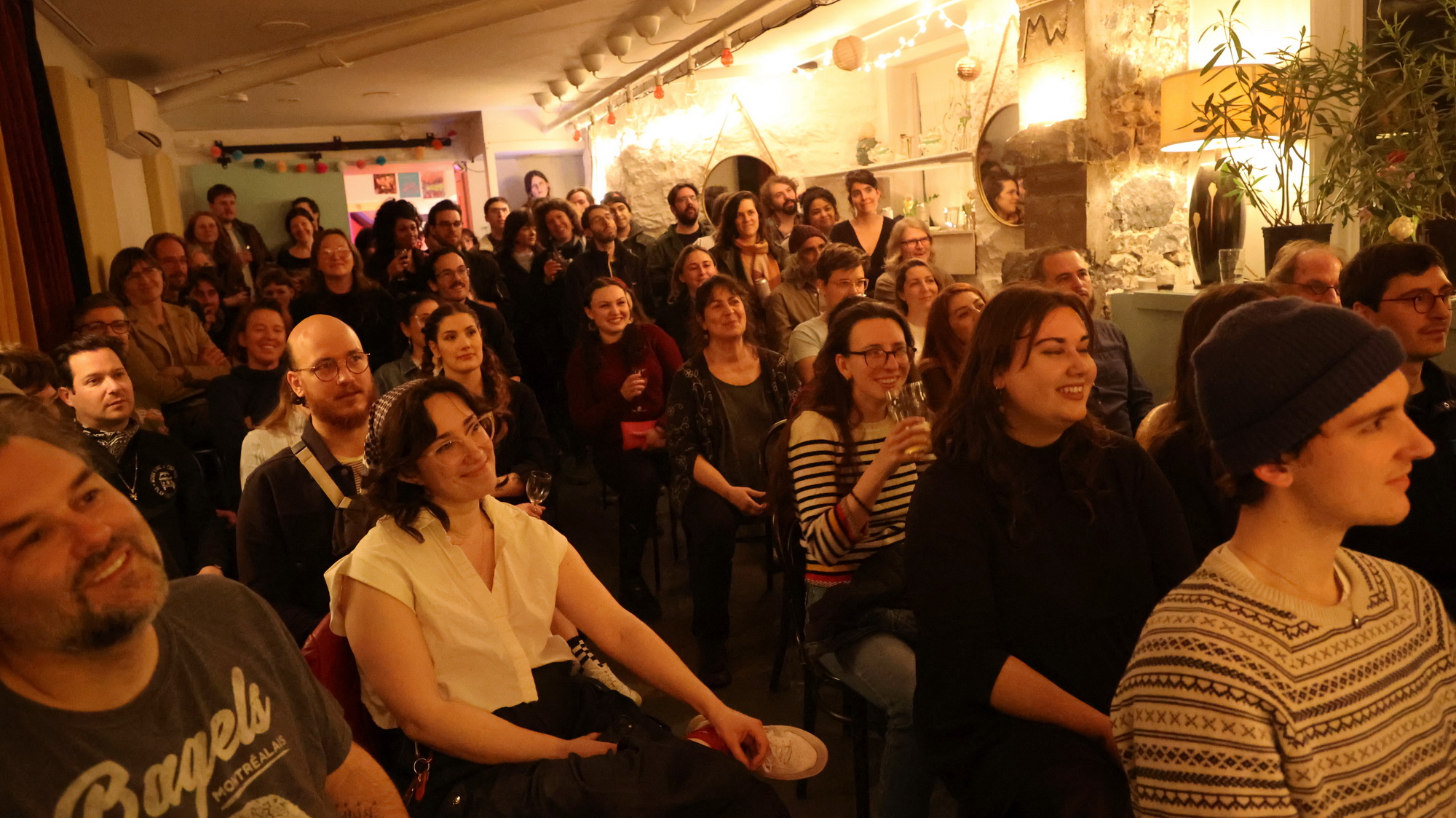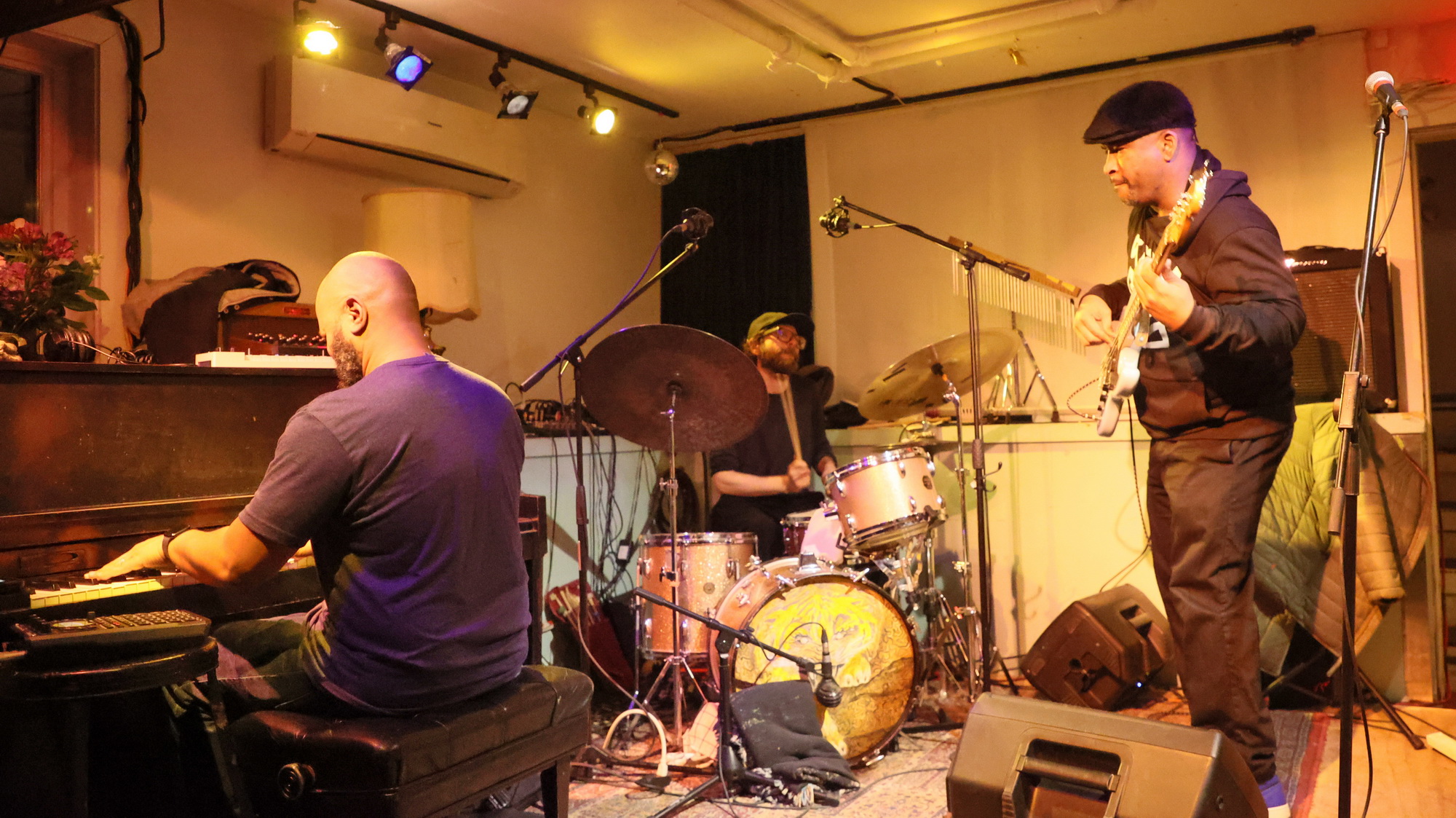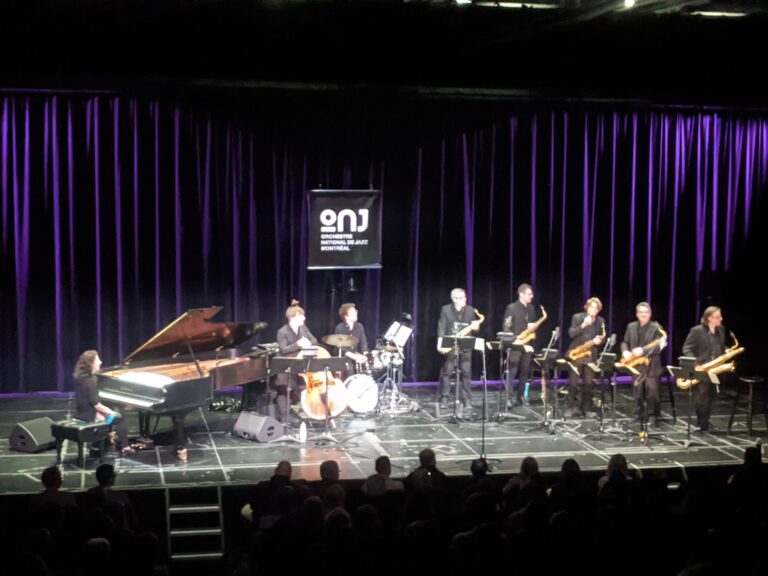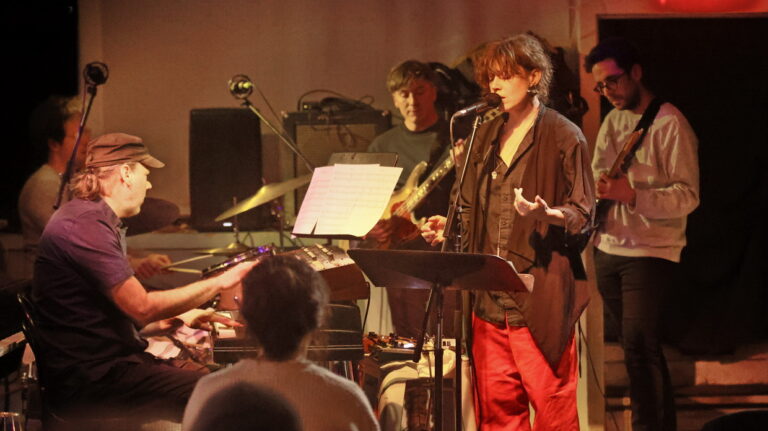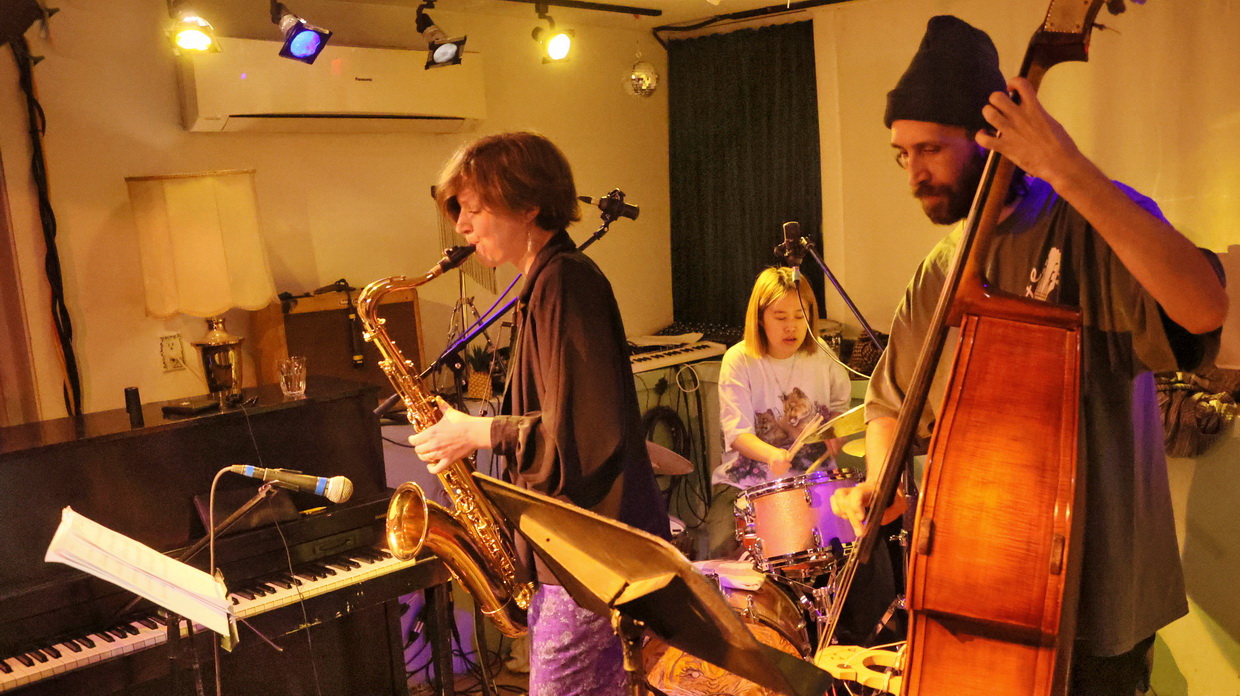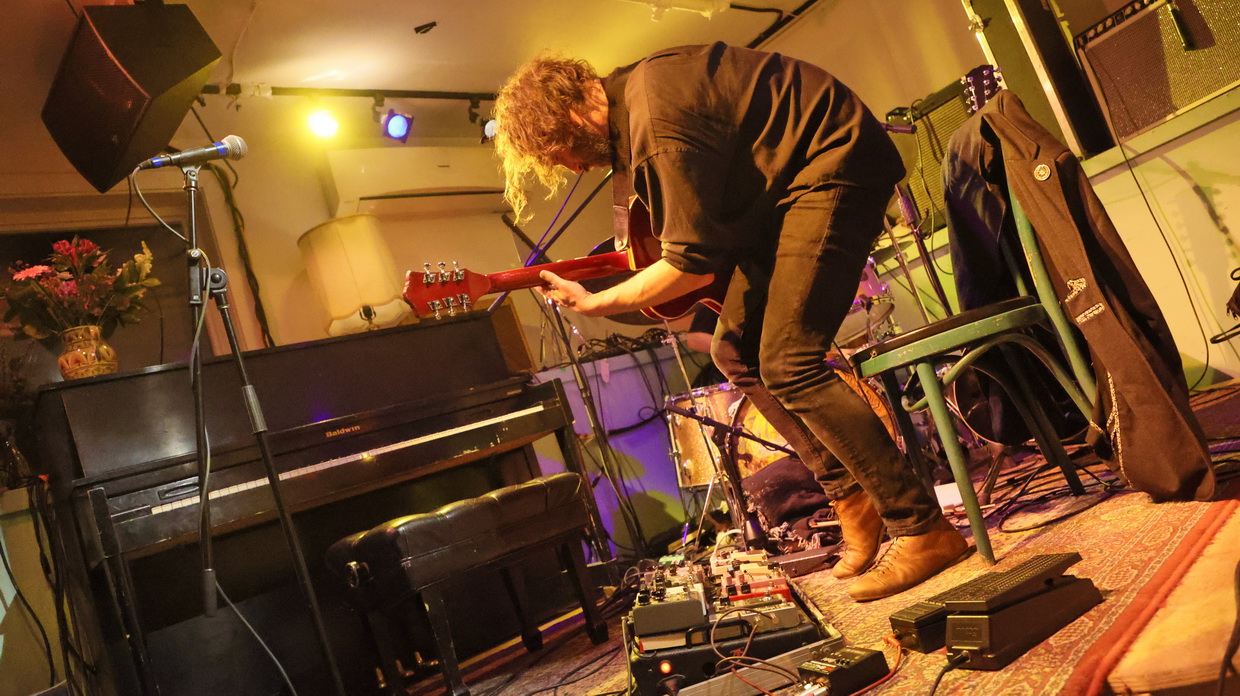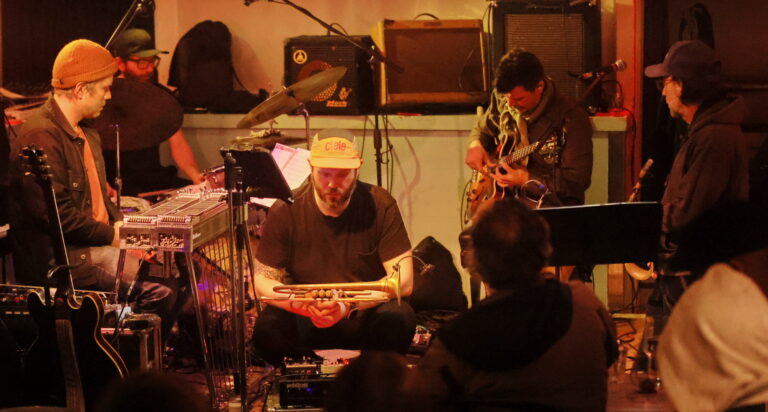The album Random Access Memories will be 11 years old on May 17, 2024, the fourth and final major recording by the celebrated French tandem Daft Punk has unquestionably become an international pop classic, with Grammys and Victoires to its credit, prestigious collaborations and almost instant global appeal.
Remember spring and summer 2013!
Daft Punk’s studios were packed with all the big names: Nile Rodgers on guitars, Nathan East on basset, Pharrell Williams on vocals, Giorgio Moroder as a godfather witness, not to mention Panda Bear (Animal Collective), Julian Casablancas (The Strokes), Chilly Gonzales, Paul Williams, Paul Jackson Jr., Omar Hakim, Todd Edwards, DJ Falcon and many more.
These legendary ’70s musicians had reunited in the studio under the Daft Punk umbrella. Then came the melodies, and the story of the birth of the mega-hit Get Lucky, with here a riff by Nile Rodgers and there a line by Nathan East, then the famous chorus by Pharrell Williams.
A mega-success based on the nostalgia of the years 69-82, Random Access Memories had conquered every generation capable of partying, and proved a model of perfection for its vintage production, meticulous arrangements, impeccable sound recordings and the exceptional quality of a personnel who had already left their mark on world pop.
Seduced and mobilized by this anthological gathering in ” legendary studios “, (notably Electric Lady in NYC), host Rebecca Manzoni, of France-Inter’s Totemic program, launched a year ago this very high fidelity audio document (thanks to Sonorium’s technical support) about the making of Random Access Memories. .
You can listen to this audio document by clicking here, but we suggest that you experience the very high quality sound in the Phi Center’s Sound Habitat, a comfortable lounge offering authentic high-fidelity immersion.
” These are selections from the album and not the complete album. There is, however, an anniversary album, but that’s not the case here. We received the stereo mix from France fait and spatialized the recording with a Dolby Atmos mix for our own system,” explains the Centre Phi’s creative sound supervisor Philippe Rochefort;
The document also includes the testimony of Florian Lagatta of Studio Gong, a renowned sound engineer in France, who explains the background and origins of the affair, which dates back to early 2008 and began with a search for old microphones, an old console and other analogue equipment.
Typical of French public radio, this audio document emphasizes that Random Access Memories, an album entirely financed and produced by the Versailles-based tandem (Thomas Bangalter and Guy-Manuel de Homem-Christo), is thick with butter, presenting it as a bulwark against technological prefabrication and artificial intelligence. The choice of analog technologies and ” real ” instruments, typical of the 70s and 80s to the detriment of digital tools, allows the sound document to assert such an artistic direction taken by Daft Punk at its latest station.
On a droit, par ailleurs, à des extraits d’interviews de Thomas Bangalter et Guy-Manuel de Homem-Christo.
Among other historical details that fans and musicophiles everywhere will enjoy, Daft Punk explain that Random Access Memories was produced under very different conditions from the previous three, this time in a traditional studio with ” real musicians “.
This old-school approach to soul, disco, funk and pop was also a nod to their childhood and adolescence, a dream come true as they got to play with their idols.
“Bringing the human element back into music” is the avowed aim, and it’s one that defends itself well against being backward-looking.
THIS PROGRAM IS PLAYED AT CENTRE PHI HABITAT SONORE UNTIL AUGUST 11th
Daft Punk – Random Access Memories
A Sonorium creation, with the support of France Inter
Duration
66 minutes
Agenda
Wednesday: 16:30, 18:00
Jeudi: 13h30, 15h, 16h30, 19h30*
Friday & Saturday: 1h30 PM, 4h30PM, 6h PM , 7h30PM
Sunday: 1:30 pm, 3 pm, 4:30 pm


